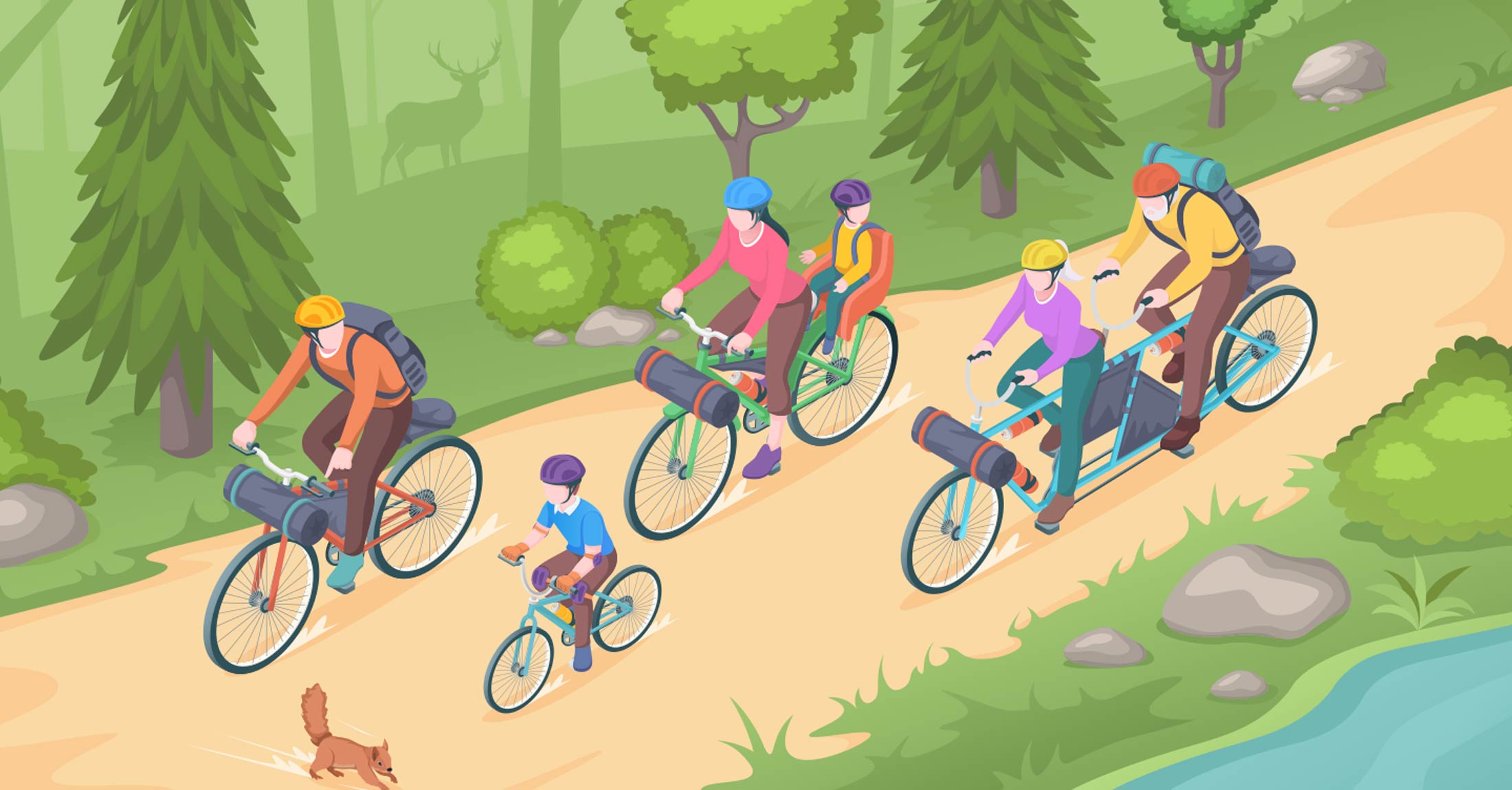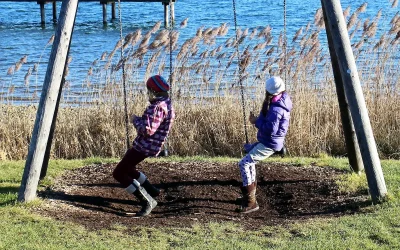“The way you manage change is as important as the change that you manage.”
~ Anon
Children may have concerns or uncertainties as the school year concludes, and people say good-bye to one another and head off on summer holidays. This annual juncture is an end but it’s also a beginning—the start of adventures, relaxation, outdoor play, learning experiences, new friendships, and more. And yet, many kids feel apprehensive. Familiar routines are upended; they wonder who they’ll meet and what they’ll do all day; they anticipate that they’ll miss their friends; and they may be afraid that things won’t be as comfortable when they return to school in the fall, or that they’ll forget everything they learned.
Parents might think kids will simply get over the concerns, adjust, and get on with their lives. And, that’s generally the case. However, many children who aren’t sure what to expect in the weeks ahead can be scared, worried, or uncertain how to cope with the various changes that will inevitably occur. There are ways parents can help this transition time go more smoothly so their children, and the entire family, can make the most of the school break right from the start.
STRATEGIES
Parents can offer support in these seven areas:
1. Planning
Help kids understand what the change will be like, including what they can anticipate in relation to social, academic, or emotional implications over time. You can check with teachers and work together to convey information, and strengthen messages of reassurance.
2. Preparation
Ensure that children have on hand, or can acquire, the resources or materials they might need to make the transition less daunting. (And the recreational and personal growth aspects more enticing!) Get ready to embrace fun!
3. Commitment
Demonstrate resilience and persistence, and chat about why it’s important to try and see things through. Perseverance is a learned skill, and it can be especially hard for kids to keep going when navigating new, uncharted, or rocky pathways.
4. Monitoring
Stay attuned to children’s feelings and their capacity to cope with change as it unfolds. Watch for red flags around their mental and physical well-being. For example, keep your eyes open for issues pertaining to sleep patterns, emotional states, or eating habits.
5. Ongoing adaptation
Be readily available to reinforce, guide, and assist as change-related events fall into place. Change is an incremental process—step-by-step-by step. Children may falter along the way so be attentive, patient, and responsive.
6. Collaborative interactions
Participate in activities together. Encourage children to maintain and also to create meaningful relationships and networks of support in case difficulties occur. Friends, family members, coaches, and others can offer incentive, support, and guidance.
7. Self-confidence
Bolster children’s faith in their abilities, reinforcing what they can do and have already done, so they become more self-assured and feel capable even when transitions seem challenging.
LAST WORDS
Parents are well-positioned to help children see change and transition times as gateways to new experiences and exciting learning opportunities. It’s good to know what lies ahead, but since no one can read the future, it will always embody a sense of mystery. And that’s intriguing! Empower children to welcome change, and to make the most of it.
Check out my blog “Powering Through Change: Tips for Kids” for self-motivating and doable strategies for children and teens to think about, and for parents to encourage. And, also have a look at the blog “Navigating Fresh Starts and Transitions” for two key suggestions for families. (https://joannefoster.ca/blog)
AUTHOR’S NOTE:
This blog is an adaptation of a piece that I wrote previously, and that was published at The Creativity Post. (You can find about 100 articles by me on that site, on various topics relating to learning, creativity, children’s well-being, and more!) And, check out IGNITE YOUR IDEAS: CREATIVITY FOR KIDS for tons of family-friendly ways to enhance imagination and purposeful pursuits—any time of year!








